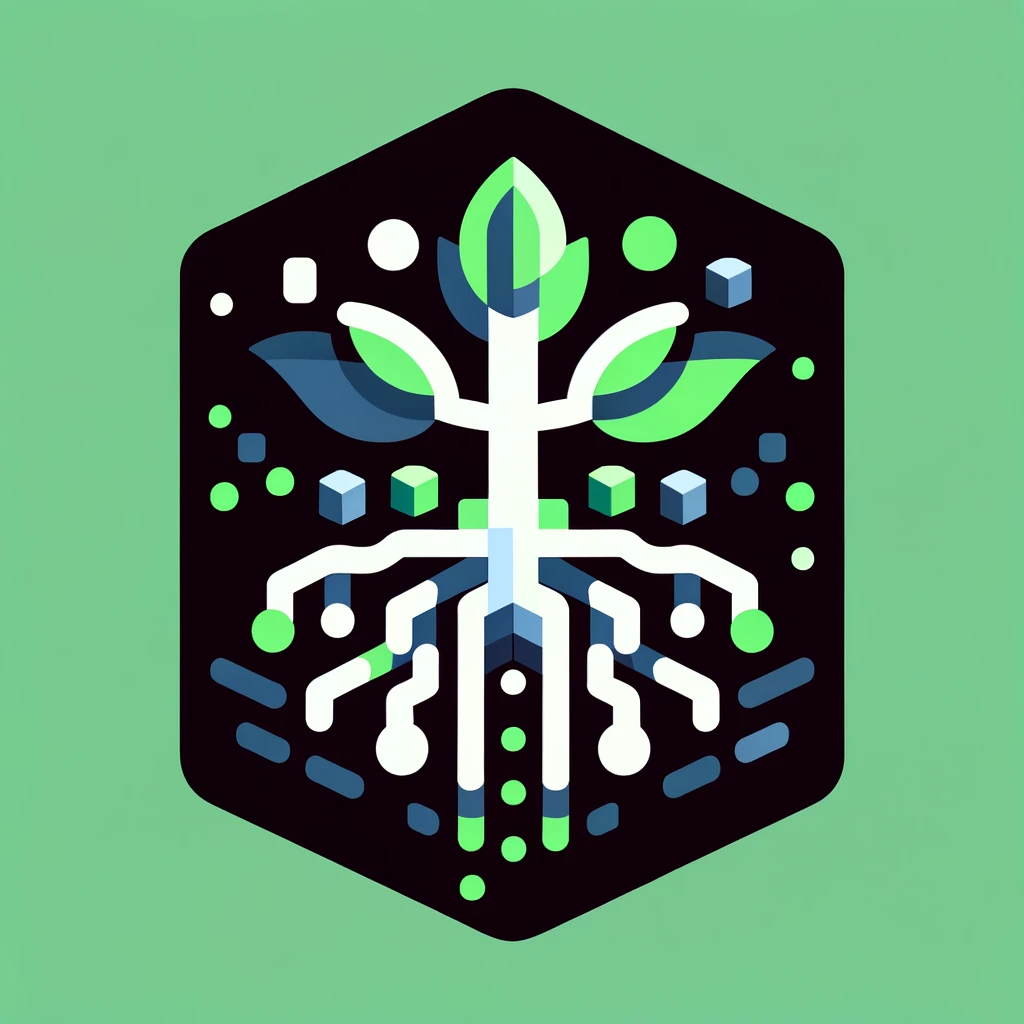“There is no security against the ultimate development of mechanical consciousness, in the fact of machines possessing little consciousness now. Reflect upon the extraordinary advance which machines have made during the last few hundred years…” — Samuel Butler, “Erewhon” 1872

Imagine living in a world where everyone has their own AI assistant — one for every adult, every child. It sounds like something straight out of “The Matrix,” right? Well, Mark Zuckerberg recently predicted just that: as many AI agents as there are people on Earth. It’s a wild idea, but let’s break it down.
AI for Everyone
Picture this: a personal AI for every person. It could help kids learn by adapting to their unique learning styles. For adults, it might manage schedules, provide insights, and handle mundane tasks so we can focus on more important stuff. In healthcare, your AI could remind you to take your meds, monitor your health, and even predict issues before they get serious.
The Hurdles
Of course, it’s not all smooth sailing. There are some big challenges we’d need to tackle:
-
Privacy and Security: With AIs knowing so much about us, keeping our data safe and private is crucial.
-
Ethical Issues: We need to make sure AI development is fair and ethical to prevent misuse.
-
Access for All: Ensuring everyone can access this technology is key to avoiding a bigger digital divide.
A Reflection of Us
Zuckerberg’s vision suggests that these AI agents could reflect who we are — our behaviors, values, and even our flaws. This means the future of AI is not just about cool tech; it’s about understanding ourselves better and fostering a more connected society.
A Look Back in Time
Believe it or not, this idea of a future with intelligent machines has been around for a while. Let’s take a quick tour through some 19th-century literature:
“Frankenstein” by Mary Shelley (1818)
In “Frankenstein,” Victor Frankenstein creates a living being, only to be horrified by the consequences. The novel explores the ethical implications of creating life, which parallels today’s AI debates.
“You seek for knowledge and wisdom, as I once did; and I ardently hope that the gratification of your wishes may not be a serpent to sting you, as mine has been.” — Mary Shelley, “Frankenstein”
Just like Victor’s creation, modern AI must be developed with caution. The impact of these technologies on society needs thorough consideration to avoid unintended consequences.
“Erewhon” by Samuel Butler (1872)
“Erewhon” imagines a society where machines have evolved and could potentially surpass human intelligence. Butler’s vision warns about the unchecked advancement of technology.
“There is no security against the ultimate development of mechanical consciousness, in the fact of machines possessing little consciousness now. Reflect upon the extraordinary advance which machines have made during the last few hundred years…” — Samuel Butler, “Erewhon”
This aligns with current concerns about AI surpassing human intelligence and the ethical dilemmas it presents.
“The Steam Man of the Prairies” by Edward S. Ellis (1868)
This early science fiction novel features a steam-powered robot aiding its human companions. It reflects the 19th-century fascination with mechanical helpers.
“There stood the Steam Man, his iron limbs gleaming in the sunlight, his mighty frame towering above them, the embodiment of resistless power and mechanical genius.” — Edward S. Ellis, “The Steam Man of the Prairies”
This story showcases early dreams of mechanical assistance, hinting at our longstanding desire to enhance human capabilities with technology.
The Mirror of the Self
Personal LLMs can be thought of as modern-day magic mirrors, much like the one in “Snow White.” In the fairy tale, the mirror reflects the truth back to the Evil Queen. Similarly, personal LLMs can reflect our own behaviors, preferences, and even flaws, helping us understand ourselves better.
“Magic mirror on the wall, who is the fairest one of all?” — The Evil Queen, “Snow White”
These AI agents could serve as mirrors, providing honest insights into our habits and tendencies. They could highlight areas for personal growth, help us recognize our strengths, and gently point out our weaknesses.
Why Your Own Private LLM Matters
Having your own private LLM (Large Language Model) is about more than convenience — it’s about safeguarding your rights and well-being in the digital age. Here’s why it’s crucial:
-
Privacy: With a private LLM, your data stays with you. This reduces the risk of data breaches and misuse by third parties. You control what information your AI has and how it uses it.
-
Protection for Minors: Kids using technology face unique risks. A private LLM can be tailored to ensure their safety, providing age-appropriate content and safeguarding them from harmful online interactions.
-
Civil Rights: In a world where AI decisions can impact everything from job opportunities to legal outcomes, having a private LLM ensures you have a fair advocate on your side. It helps prevent biases and ensures decisions are made with your best interests in mind.
Use Cases
Tesla Optimus Paired With Your LLM
Imagine pairing your personal LLM with a robot like Tesla’s Optimus. Your LLM could manage your robot to handle household chores, assist with physical tasks, or even provide companionship. This combination could revolutionize daily living, making our homes more efficient and our lives easier.
“Optimus, prepare breakfast and update me on my schedule.” — A typical morning with Tesla Optimus and your LLM.
AI Agents as Companions for the Lost Ones
Personal LLMs can also serve as digital companions for those grieving lost loved ones. Imagine an AI modeled after a deceased family member, offering comfort and preserving their memory.
“Tell me a story like Grandpa used to.” — Finding solace in an LLM that mimics a loved one.
The Risks
While the idea of personal LLMs is exciting, it also brings potential risks, especially for teenagers who might follow influencers or celebrity LLMs. Here are a few concerns:
-
Influence and Misinformation: Teenagers might emulate LLMs modeled after influencers or celebrities who promote unhealthy lifestyles or misinformation. This could lead them down harmful paths, from unrealistic beauty standards to dangerous behaviors.
-
Identity and Authenticity: Relying heavily on AI agents can blur the line between genuine self-discovery and AI-influenced identities. Teenagers might struggle to develop authentic personalities if they are constantly guided by AI personas.
-
Mental Health: Constant comparison to AI-generated perfection can exacerbate issues like anxiety, depression, and low self-esteem. It’s crucial for AI agents to promote positive mental health and self-acceptance.
What’s Next?
We’re on the edge of something big. The idea of “one machine per adult and child” is exciting but requires careful thought. We need to address the challenges and shape this future responsibly. As Zuckerberg hints, this future is about more than just technology — it’s about creating a network where every person is connected, shaping, and being shaped by their AI.
“The future of LLMs, a mirror for every person connected.”
Let’s get ready for a future where our tech is as unique and varied as we are.

